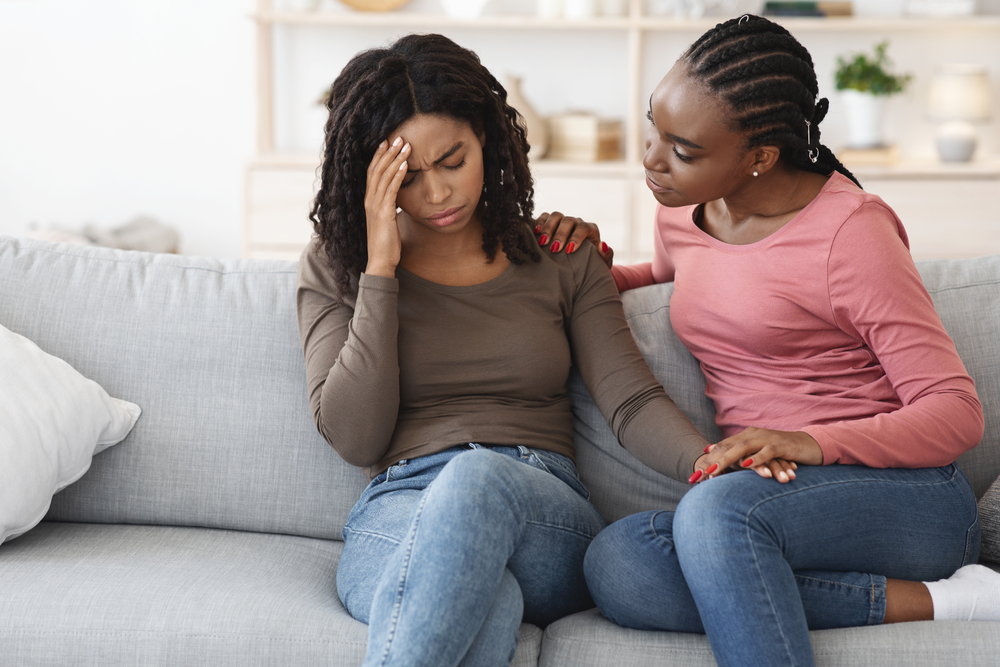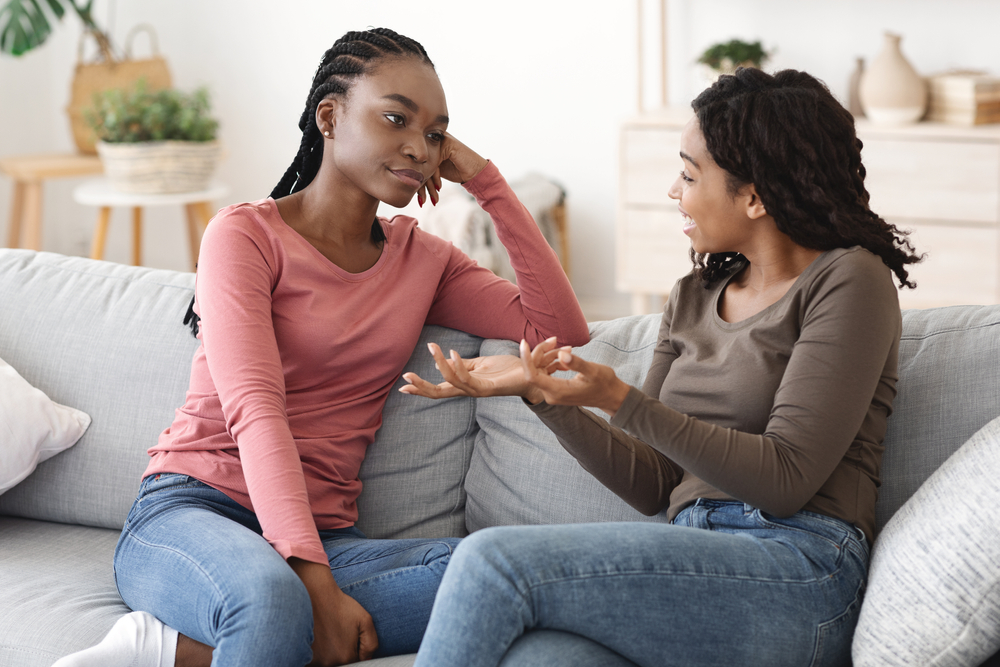
Breakups are hard. Losing a person who you shared so much of your life with is hard. But remember, inability to end a relationship for good is a sign of a traumatic bond, not not unconditional love.

Relationships and Conflict
Overcoming Breakup pain and past Trauma
You know that you have really moved on from a previous relationship when it holds no energy for you, it’s neutral. You don’t hate them, you don’t love them. You can’t force yourself to move on if you aren’t ready. You can’t force yourself to forget someone. Healing after a breakup is painful. It takes time and can’t be rushed. What’s needed for healing is compassion. And acceptance of how you are feeling at any given moment. It’s ok to feel sad. It’s ok to be angry. It’s ok to have resentments. It’s ok to feel betrayed. And many other emotions. It’s ok to not feel okay. By labeling your emotions as they come, you are allowing them to also leave. And then, different emotions take over. The goal is to keep your emotions flowing by allowing them to come and go. When we resist feeling, we get stuck. This can disrupt our nervous system regulation and cause more stress and anxiety. When you process your feelings with compassion, you can also look at your part in that relationship. Not with blame, but with compassion and curiosity. You played an active role in creating it. Exploring your part in it can help you identify when and how you gave your power away. Or what made you abandon yourself and create an unhealthy dynamic. Or perhaps, what parts of you accepted and tolerated bad behavior and why. See, the key here is to do so with compassion. Not judgment. No one can grow by being judged. But when people feel heard and understood, they can let go and grow. You are no different. You need to feel heard and loved and understood by you. With compassion and acceptance, you will heal. The strong feelings you once had towards that person will become neutral. And one morning you will wake up and realize they no longer occupy space in your mind and heart. You’ve let go of resentments, pain and anger. You’ve released all that is not love from your heart. Only then can you begin healing traumas from the end of your relationship.



